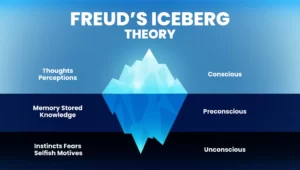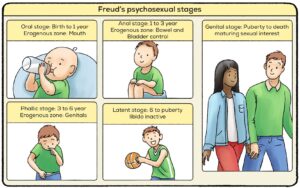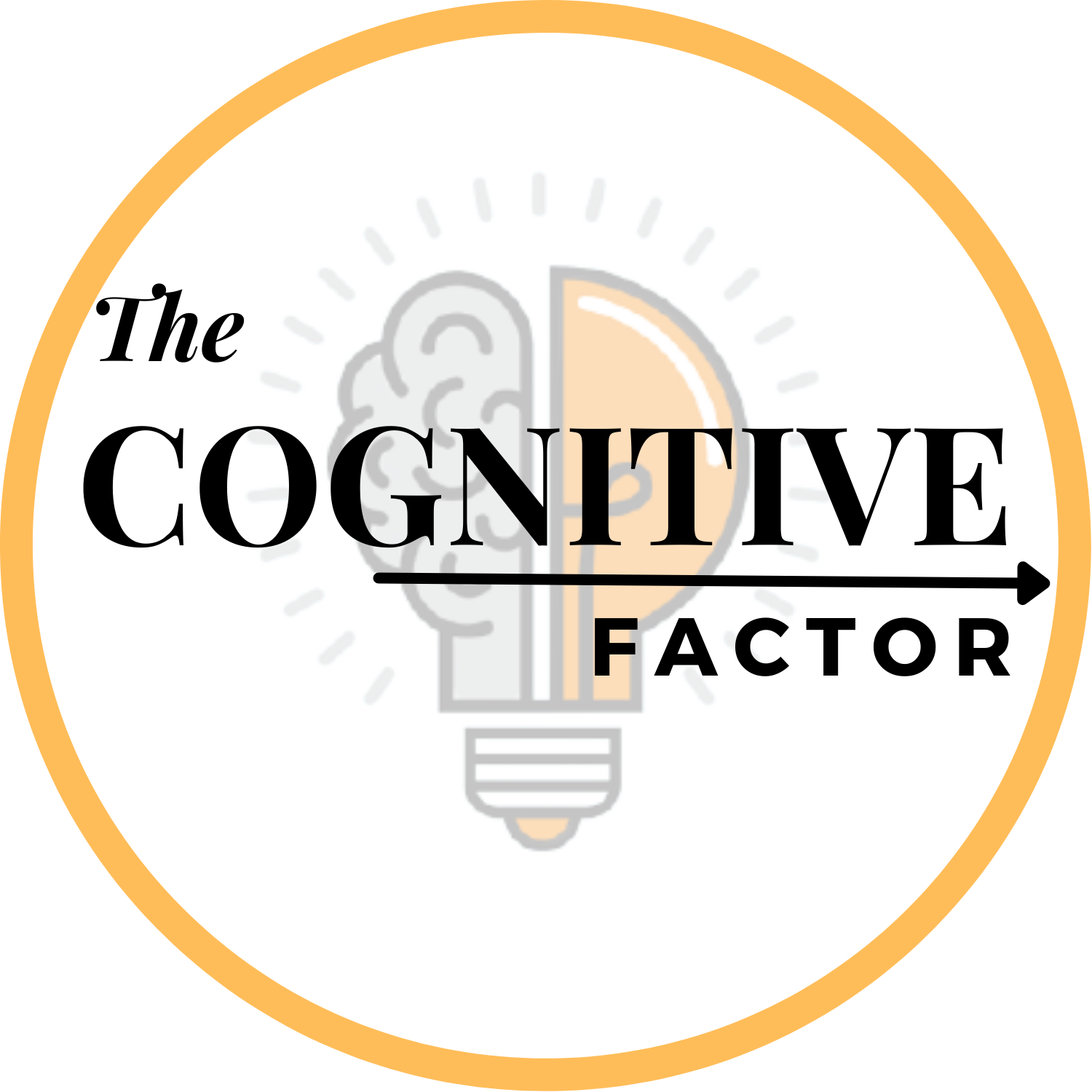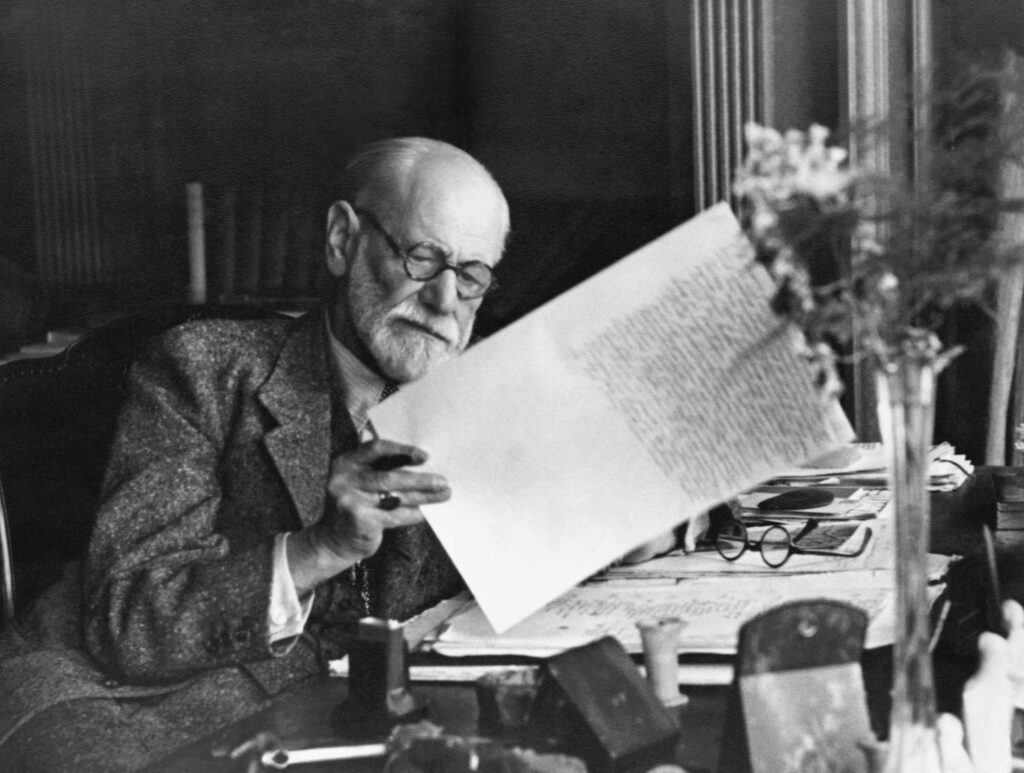Not “the father of psychology” but “the father of Psychoanalysis” as Freud’s theories and work contribute in shaping current views of dreams, childhood, personality, memory, sexuality and therapy.
Sigmund Freud, an Austrian neurologist born in 1856, was the oldest of eight siblings. He earned a medical degree and began practising as a doctor in Vienna. He was appointed Lecturer on Nervous Diseases at the University of Vienna in 1885.
During a time of no television, no Facebook, no Instagram, books were the sources of knowledge and Freud wrote more than 20 books while contributing so much more in the field of psychology like psychoanalysis, psychosexual stages of development, the ice-berg model, life and death instincts, and also elements of personality.
Most of Freud’s theories were influenced by his childhood experiences; he was born to a father of 40 years and a mother of 20 years. His father was very strict and authoritarian but his mother was quite loving and cared deeply towards her son. It is considered that Freud was more passionate and had a sort of sexual attachment towards his mother. Freud believed that all the causes of neurosis are due to the sexual conflicts and also concluded that the personality of the individual is fully developed when they enter adulthood. (Schultz and Schultz,2014)
Later in life, he identified his illness as anxiety neurosis and neurasthenia, which he classified as a neurotic disorder marked by weakness, worry, and problems of digestion and circulation. He conducted three years of self-psychoanalysis and referred to himself as his most significant patient. He discovered that he carried deep resentment for his father, had fantasised about having sex with his older daughter, and had harboured sex longings for his mother since he was a toddler through all the psychotherapy and dream analysis he conducted on himself.
According to Freud, instincts are the basic elements of personality which drive behaviour. Each individuals hold two types of instincts, namely
- Life instinct
- Death instinct
Life instinct includes the drive to survive and satisfying basic needs like hunger, thirst and sex. It is also known as Eros. It is the drive of life, love, creativity, and sexuality, self-satisfaction, and species preservation.
Whereas, death instinct includes an unconscious drive towards destruction, decay and aggression. It is also known as the Thanatos, which explains why people engage in risky, aggressive and harmful behaviour. It is the drive of aggression, sadism, destruction, violence, and death.

Photo Credit: Verywell
He linked the mind of the individual to an iceberg. The conscious is the portion that is above the surface and the unconscious which is the larger part and is also invisible. The subconscious or the preconscious is just beneath the conscious mind which includes information that requires a little attention to be recalled.

Freud also divided the personality into 3 groups,
- The id
- The ego
- The superego
The id is defined as the pleasure principle which is motivated by sexual and aggressive needs. It is the biological component and is the storehouse of instincts and libido.
The ego is defined as the reality principle which is the rational component of the personality. It mediates between the demands of the id, the pressures of reality and the dictates of the superego.
The superego is the moral principle and consists of the conscience which is the behaviour which will be punished and ego-ideal which is the behaviour that will be praised or appreciated.
For example – You are stuck in a long meeting at work. You find yourself growing increasingly hungry as the meeting drags on. While the id might compel you to jump up from your seat and rush to the break room for a snack, the ego guides you to sit quietly and wait for the meeting to end. The superego will suppress the urge of eating by making you think you should focus on the meeting as it is not right to be distracted.
Sigmund Freud was one of the first psychologists who talked about the development of personality in different stages. Freud argued that the development of the individual is psychosexual in nature and our body has different erogenous zones which is the centre of development of the particular stage.

Photo Credit: Practicalpie
He included 5 stages of development
- Oral
- Anal
- Phallic
- Latency
- Genital
Even though Freud explained so much about the psychosexual stages, Neo-Freudians argued that the need of including sexual instincts is not necessary and the focus should be more on the social environment and the effects of culture on personality.
Although his theories laid a foundation for modern psychology and intrigued different professionals, it is not without flaws. Psychoanalysis is still practised today, yet it is being improved and improvised because of a better understanding of human behaviour and neuroscience and the brain.
A few criticisms that Freud faced were that many of these theories can not be tested, hence making them difficult to validate.
The main focus of his theories was on the roles of biology and the unconscious and ignores the environmental influences on the conscious mind.
His theories were culturally biased and unbalanced in the sense that it was over-emphasised on the sexual needs and gratifications.
While Freud’s classical psychoanalytic theory and conventional clinical approach have drawn heavy criticism for lacking a scientific evidence base or scientific testability, their explanatory power has entered Western popular culture. Defense mechanisms which include denial, repression, and projection have entered the common terminology of popular psychology.
There is also no doubt that Freud’s interpretation of dreams has contributed to the widespread belief that our dreams genuinely represent something, as opposed to merely being a collection of random occurrences while we sleep. Although some of Freud’s theories may seem odd and old-fashioned, his legacy is extensive and has had an impact on fields of thinking that go far beyond the therapeutic application of psychoanalysis.

